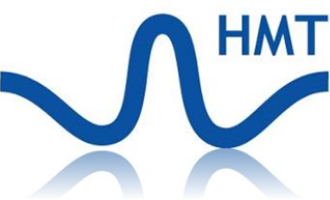Peptidomics
Peptidomics is the identification of small intact proteins and peptide fragments between 1,000 and 10,000 in a biological matrix. These potentially bioactive peptides are endogenous to biological systems and play a role in healthy and disease pathologies. Proteomics, however, can be defined as using proteolytic enzymes to derive signature peptides that allow a reconstruction and identification of intact larger proteins (over 10,000).
Peptidomic methods have resulted in new knowledge into biological and medical studies, adding to genomics, metabolomics and proteomics, thus driving much of the advancing state of today’s medical research. Compared to proteomics, peptidomics is a different art form, focused on in vivo enzymology, hormones and bioactive peptides circulating in biological matrices. These peptides may be specifically derived Hormones, bioactive peptides or they be derived in-vivo through natural proteolytic digestion as bioactive fragments of larger proteins. There are many examples such as C-reactive peptide of proinsulin in diabetes, Natriuretic peptides in heart disease and amyloid peptides in AD. Peptide drugs include ADCH, amyloid beta peptide, Calcitonin, Desmopressin, Leuprolide, and Oxytocin among many others. This is a growing field. Aside from known hormones (e.g. Angiotensin, Bradykinin), there is great opportunity for novel discovery of bioactive peptides in neurology, nephrology, metabolic disease, inflammatory disease, autoimmune diseases and cancer.
HMT provides patented state-of-the-art technology and innovation in this growing field of peptidomics. Sequence and identifications use UniProt protein sequence database and thus users can specify any species (human, mouse etc.). In principle, the peptidomics method can be applied to any biological material, however, today we are offering such services only on 50 to 200 ul of serum or plasma. Please inquire about other matrices (plants, tissues, fungi).
